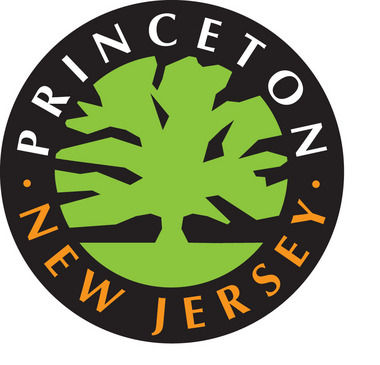By Philip Sean Curran, Staff Writer
Princeton will look to join 13 other towns around the state to require local retailers to have a license to sell e-cigarettes, a nicotine product popular with school-age children and young adults.
The move will enable the municipal health department to keep a tab on what stores are selling the products, ensure that people under 21 are not buying them and provide money to pay for anti-tobacco education the department does.
The Princeton Board of Health in July will consider an ordinance calling for a license, with a fee attached that could be as much as $1,200 and require an annual renewal. Board chairman Dr. George DiFerdinando said at the board meeting Tuesday that the licensing requirement would manage the sale of the product in a town that so far has seven stores that sell e-cigarettes.
This would be the latest in a series of steps the board will have taken along these lines to combat smoking. Health officials three years ago banned smoking outdoors on or within 35 feet of municipal property and last year forbid the sale of tobacco products to anyone under the age of 21.
The federal Food and Drug Administration this year announced it would be regulating e-cigarettes and other previously unregulated products the same way the government treats tobacco products. Yet Mr. DiFerdinando said it would take the federal government time to test e-cigarettes to determine what possible health risks they pose to users other than exposure to nicotine.
“But there’s going to be a period of at least a couple years where it’s still going to be unknown what’s in these products,” he said.
The e-cigarette is a hand-held device that provides nicotine through a vapor rather than smoke, according to the National Institute on Drug Abuse. The practice is known as “vaping.”
Mr. DiFerdinando said there is a debate within the medical community about whether the “potential” benefit of e-cigarettes, in helping wean smokers off regular cigarettes by providing a nicotine replacement, is outweighed by their being a “gateway” for a new group of people to get addicted to nicotine.
“And the issue comes down to, since we don’t know what’s in a vape, it’s hard to say that you’re doing better by vaping as opposed to not smoking a burning cigarette,” he said.
The federal government has said more than three million children in middle and high school used the product in 2015, with a government study showing a “possible” link between young Americans graduating from E-cigarettes to tobacco products.
In terms of how much money license fees would bring in, Mr. Grosser estimated it at anywhere from $8,000 to $9,000.
“We don’t take in any other tobacco monies from the state for education at this point. It’s all through grants that we acquire ourselves,” he said at the board meeting.
Home z Old Categories news PRINCETON: Board of Health to consider licensing requirement to sell e-cigarettes


